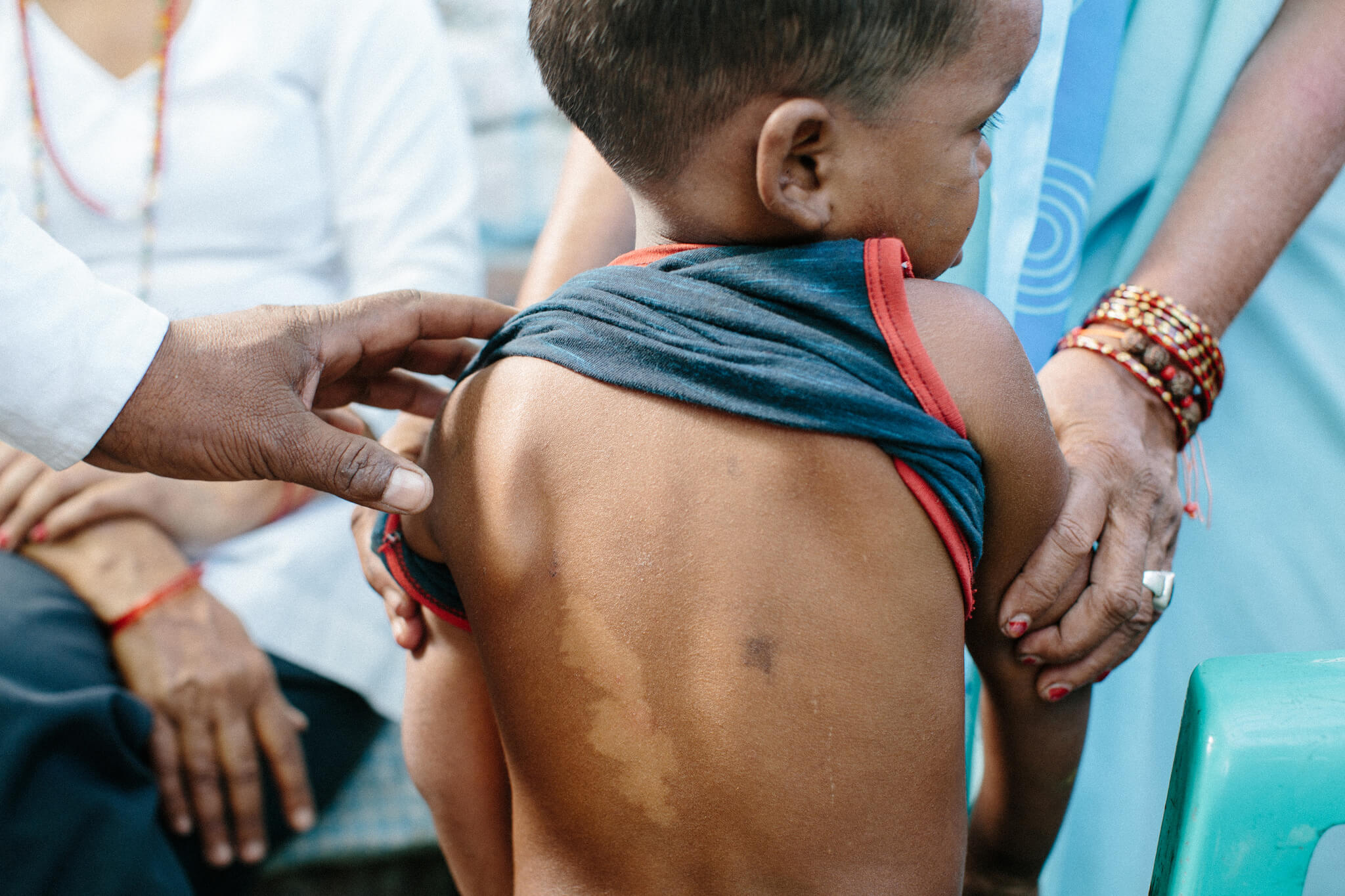Summary
The target of leprosy elimination in Nepal was achieved in 2009 and leprosy elimination at National level was declared in 2010. Although the prevalence of leprosy has declined, the new cases detection rate (ANCDR) is not reduced as expected indicating that additional strategies are required to halt transmission and to reduce the disease burden due to leprosy. In this context NLR Nepal introduced a new program, Leprosy Post-Exposure Prophylaxis (LPEP), which started as a pilot project in three districts of Nepal (Jhapa, Morang, Parsa).
The aim of the LPEP is to demonstrate the impact of PEP added to contact tracing activities on the incidence of leprosy in endemic areas, as well as the feasibility and acceptability of PEP at the community level as a strategy to interrupt transmission. It is expected that the introduction of leprosy PEP for high-risk persons (contacts of leprosy patients) will decrease the number of new leprosy cases and therefore decrease the incidence of leprosy. With inspiring results from pilot project, government of Nepal has included the LPEP in its routine leprosy program.
A single dose of rifampicin (SDR) is given to contacts of leprosy patients, based on age and body weight (150 mg, 300 mg, 450 mg, 600 mg), through the leprosy control programme in three districts in Nepal with a total population of 2,511,296. Target groups of this project are contacts (household members, neighbours and social contacts) of leprosy affected persons who were diagnosed since July 2013. SDR distribution to contacts of leprosy patients is done through the routine contact examination programme. SDR is given after complete screening for exclusion criteria such as persons with leprosy or TB, who are <2 year of age, pregnant, have rifampicin allergy, kidney or liver disease.
National Federation of the Disabled Nepal (NFDN)
District Health office (DHO)
Nepal National Social Welfare Association (NNSWA)
Model work Municipalities for Inclusive Development
Provincial Leprosy Referral Centre (PLRC)
Nepal Leprosy Fellowship (NLF)
Leprosy Control and Disability Management Section
